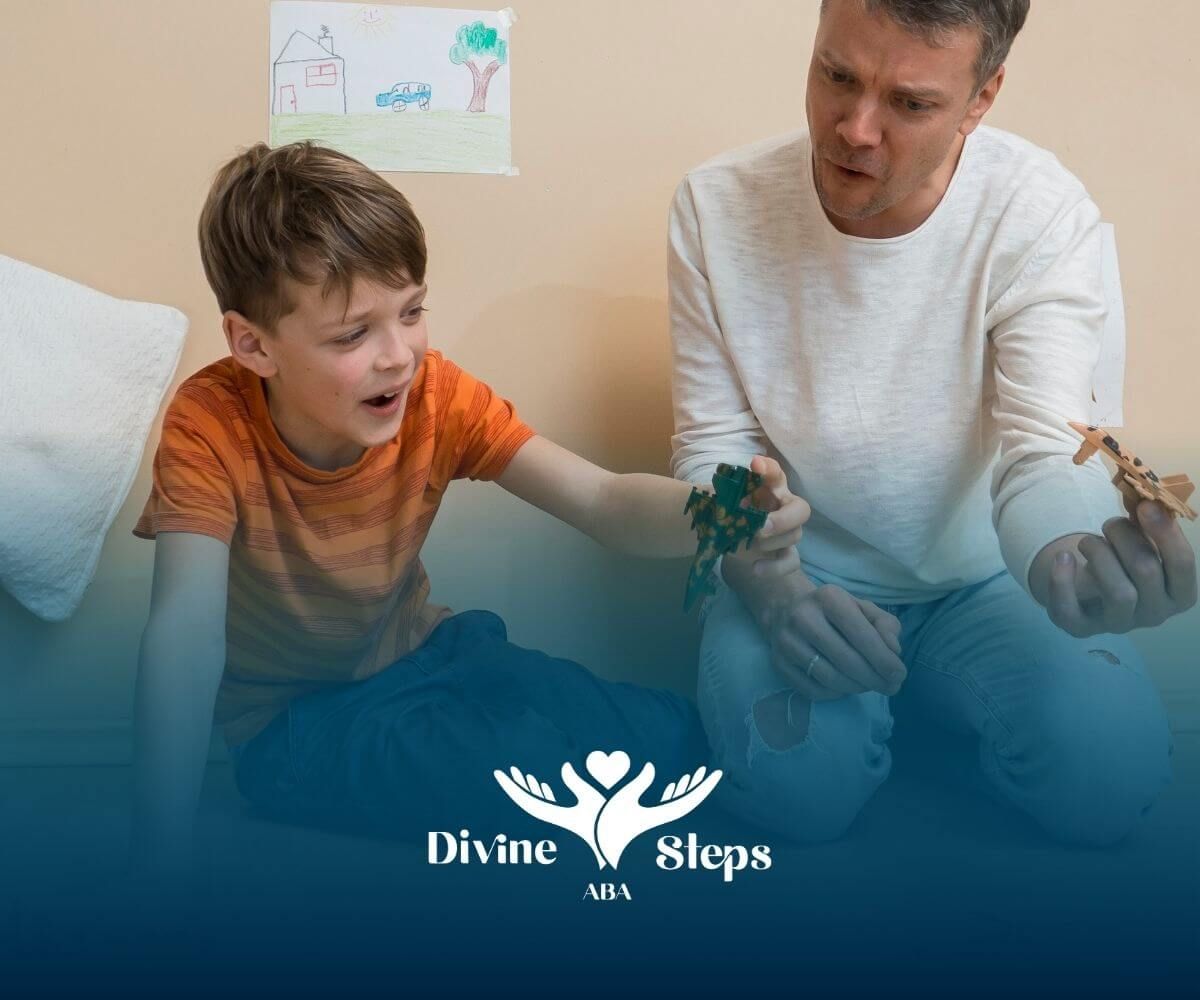Website by CWS
Is OCD Part of Autism? Here’s the Real Answer
It’s very common for parents to notice repetitive behaviors, routines, or intense interests and wonder, “Is this autism? Or could it be OCD?” The two can look similar on the surface — which makes the question totally understandable.
But here’s the simple answer: OCD is not a form of autism.
They are two separate conditions, although some people can have both. What really matters is understanding the why behind the behavior, so you can support your child in the right way.
Let’s break this down in a gentle, parent-friendly way.
Understanding the Difference
Autism
Autism is a neurodevelopmental difference that affects:
- Communication and language
- Social interaction
- Sensory processing
- Learning and behavior patterns
Autistic individuals may:
- Repeat movements or sounds (stimming)
- Follow routines for comfort and predictability
- Have strong interests or deep focus areas
- Enjoy familiar patterns and structure
These behaviors usually feel calming, enjoyable, or regulating — not scary or stressful.
OCD (Obsessive-Compulsive Disorder)
OCD is an anxiety disorder marked by:
- Intrusive, upsetting thoughts (obsessions)
- Repetitive actions done to reduce anxiety (compulsions)
Examples include:
- Excessive hand-washing out of fear of germs
- Needing to check things repeatedly
- Repeating actions to “prevent something bad”
With OCD, the behavior is usually driven by fear or distress, not comfort.
Why People Confuse Autism and OCD
Both autism and OCD may involve repeated actions or routines — but the purpose behind them is different.
| Behavior | Autism | OCD |
|---|---|---|
| Repetitive behaviors | Feels good, helps regulate | Done to relieve anxiety |
| Routines | Provides comfort and structure | Prevents feared outcomes |
| Strong interests | Joyful and passionate focus | Anxiety-driven thoughts |
So if your child lines up toys because it’s relaxing — that’s different from lining up toys because something “bad will happen” if they don’t.
Can Someone Have Both?
Yes. Some children are autistic and have OCD.
That’s why seeking a professional evaluation can be so helpful — it brings clarity and helps build the right support plan.
If you’re unsure what you’re seeing and want answers, you can start with an autism evaluation to better understand your child’s needs.
Support for Your Child
Whether your child has autism, OCD, or both, the goal is the same:
Help them feel safe, confident, and supported.
Divine Steps Therapy focuses on building:
- Communication and social skills
- Emotional regulation and coping strategies
- Flexible thinking and independence
- Daily living and school-readiness skills
We offer:
- In-home ABA that meets your child where they learn best
- Local services in:
- Maryland
- Virginia
- North Carolina
Our approach is compassionate, family-focused, and rooted in a deep belief that every child can grow in their own unique way.
Ready for guidance and support? Reach out to Divine Steps Therapy — we’re here to help.
FAQs
Is OCD part of the autism spectrum?
No. Autism and OCD are separate conditions, even though they can overlap.
Why do the behaviors look similar?
Both can involve routines or repetition, but the motivations are different — comfort vs. anxiety relief.
Can ABA help with OCD-like behavior?
ABA can support emotional regulation, coping skills, and flexibility. Children with true OCD may also benefit from therapy focused on anxiety.
Sources:
- https://iocdf.org/autism/ocd-and-autism/
- https://pmc.ncbi.nlm.nih.gov/articles/PMC11497754/
- https://www.autismspeaks.org/obsessive-compulsive-disorder-ocd
- https://bmcpsychiatry.biomedcentral.com/articles/10.1186/s12888-024-06340-8
- https://www.sciencedirect.com/science/article/abs/pii/S0165178122001123




